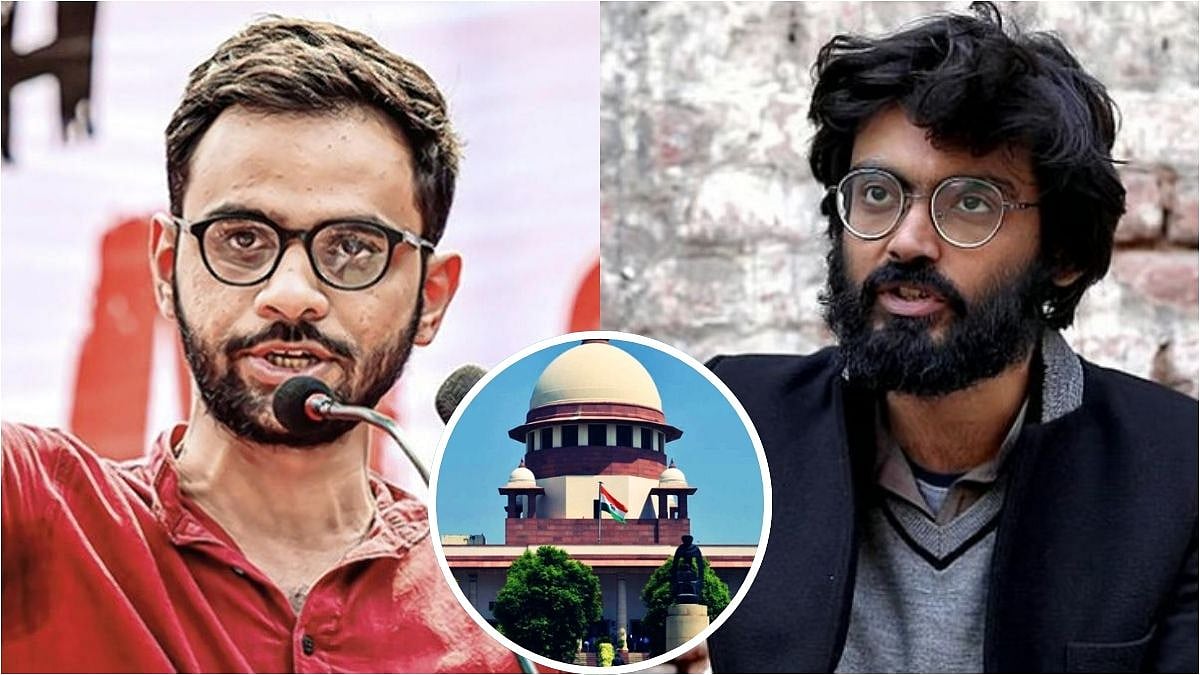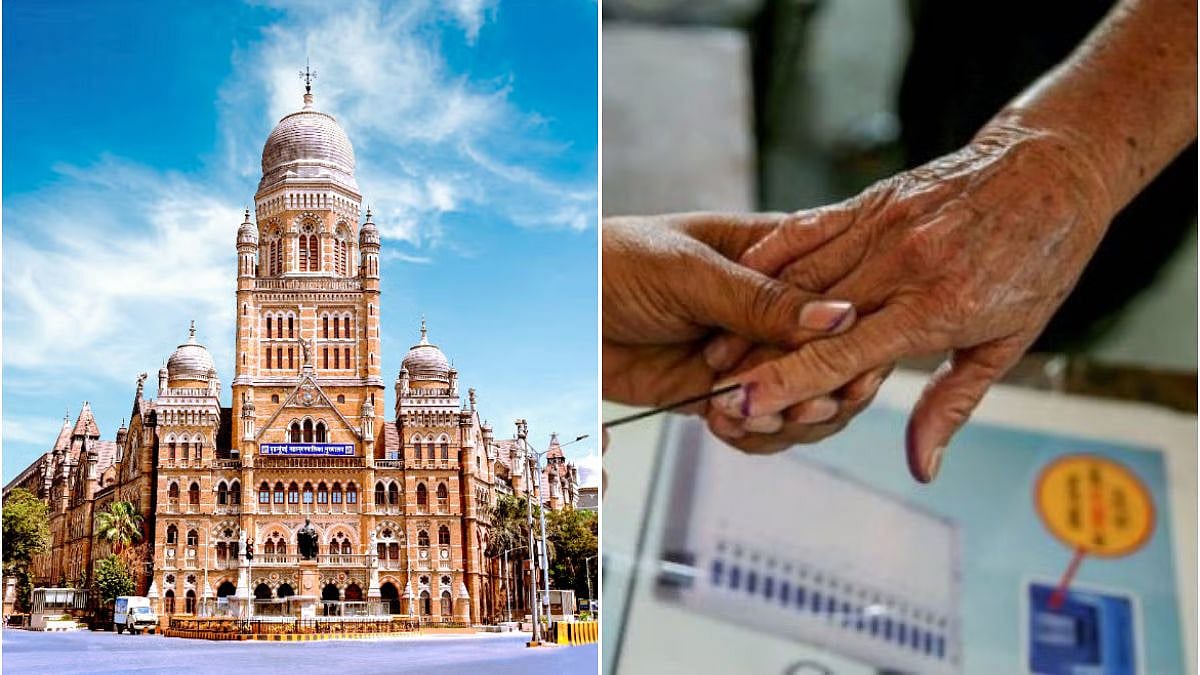Given half a chance, everyone wants to play god. The three-member SC bench, headed by Justice Arun Mishra, certainly gives the impression that it is averse to revising its controversial edict in the matter of Adjusted Gross Revenue dues of the telecom companies. Worse, it now wants to hold the telecom bosses responsible for what is written in the media. Since when have the telecom CEOs come to double as newspaper editors? Besides, it is insulting to the entire media for a judge to suggest that what is published is tainted with the tar of corruption or outside commercial influences. Of course, the SC assumption is wrong. For instance, the comment in this space represents what we honestly believe is an impartial view of the actual state of finances of the telecom majors. And we have commented in this space on the subject earlier as well. Our only concern in commending a via media - a via media which, at long last, the Government has come up with after imposing unreasonable demands on the sector - is that the sector can be saved from going bust. Yes, a big player or two stands to gain from the collapse of a number of old and established telcos, but, aside from all else, it would be a blow to the flow of foreign direct investment into the country. We cannot afford to do that at a time when our concern is to ensure growth, to create jobs, to attract direct foreign investment. But the way the SC bench came down on the telecom companies and the Government on Wednesday, it would suggest Their Lordships operate in an echo chamber where no reasonable voice aimed at saving a key sector of the economy from outright bankruptcy can reach. The problem boils down to this: A has to take money from B but the latter questions the basis on which he has additional demand to the earlier amount agreed. After a prolonged dispute and litigation, A recognises the poor state of the finances of the debtor, offering him softer terms of repayment. The other option for A is to insist on the entire money, including the disputed amounts, to be paid here and now. But A is wiser, realising that insistence on the latter course would not only result in his forfeiting the original amount but it may kill the sector as well. Therefore, giving a life-line to the telcos to make a substantial down payment and to pay the remainder in installments spread over twenty years seems most sensible. To tell you the truth, the Government is doing no favour. (Though not strictly relevant, consider how many people have become billionaires since Independence by simply looting the taxpayers, be it through crony licenses and quotas, cheap land, outright write-off of bank loans, etc). Given the deep red ink running through its balance-sheet, given the fact there are 94 crore cell phone connections, given that it provides employment to millions of people, the Government cannot be cavalier to lead the entire telecom sector to its graveyard. Without doubt, the Government was unreasonable in the first place by widening the ambit of AGR to include non-telecom revenues. Initially, the Government was entitled to license fees and a share in the spectrum usage charge only, not other services which the telcos offered later to enhance their brand value and to make their service further attractive.
Significantly, the dispute was settled in favour of the telcos by the industry regulator and the Telecom Disputes Settlement and Appellate Authority. Yet, successive governments persisted in the unreasonable demand. And when the telecos took the matter to the apex court, the latter ruled in favour of the government. Aside from commercial reasons, humanitarian grounds, the general state of the economy cries for a mutually agreed settlement. Extorting money from a sector which is not in the best of health can only kill the goose that lays the golden egg. We cannot be so myopic. It may be a major corporate house which belatedly entered the telecom sector, and which partially exacerbated the crisis in the sector, stands to gain immensely if some telcos go belly up. We hold the highest court in the land in utmost respect. As the last court of appeal, we are all duty-bound to heed its judgment. But, without meaning any disrespect, we maintain that even the Supreme Court is not infallible. We humbly submit that in this case it is cracking the whip without taking into account all, and tenable, factors fully into account. We can only hope the SC bench will revisit the draconian order.







